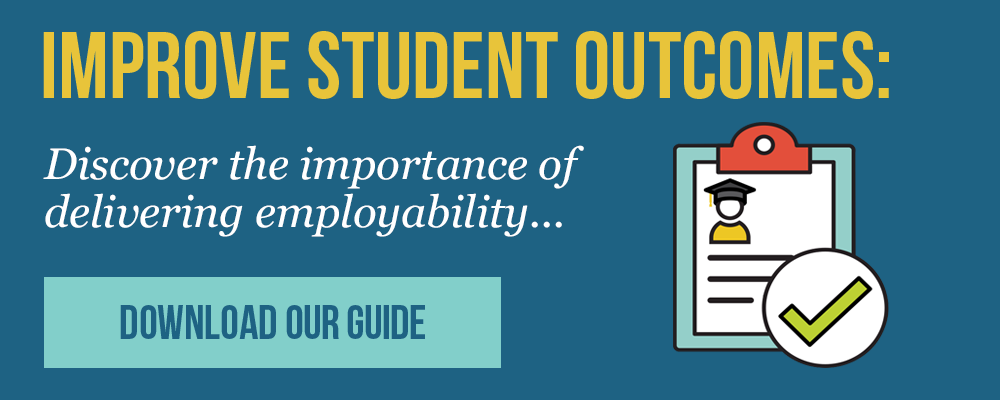
For students, preparing for professional life after university requires just as much focus and drive as completing the technical aspects of a degree. Entering the job market is no mean feat: not only are increasing numbers of highly skilled graduates vying for the same jobs, but employer expectations have also increased. Employers now expect potential employees to be endowed with a technical qualification and a combination of the right skills, social awareness and the ability to market themselves and take charge of their career. Work readiness training, therefore, needs to be an integral part of university formation, orchestrated by the relevant departments of the institution. A graduate mentorship programme is a constructive means of facilitating this work readiness training and providing students with the support they need to become strong candidates for the job market.
The mentor-mentee relationship is one built on trust and mutual benefit
Perhaps you’re wondering how mentorship differs from teaching and whether the tutelage your students receive from university tutors isn’t enough to give them the support they need for work readiness training. Teaching involves imparting knowledge through instruction, with the flow of value being predominantly one way: from tutor to student. In the case of mentorship, value flows both ways—the mentor (who can be an alumnus, student, relevant professional or even a university tutor) has the potential to benefit and learn from the relationship as much as the mentee. The imparting of knowledge is also important in mentorship, but this occurs through a relationship of trust that is established between the mentor and mentee. Even though a mentor might use teaching and coaching as part of their mentorship style, they have no authority over their mentee, unlike a university teacher. A mentor will also encourage independence in their mentee and guide them towards academic or professional goals. What’s more, absolute confidentiality underpins this type of relationship.
Mentorship can help students set and achieve career goals and offer emotional support as well as exposure to a professional network
A mentorship programme can benefit your students in several ways. A mentor can help them identify and set career goals, as well as guide them towards achieving these. This greatly enhances students’ career prospects. A mentor is also able to provide the emotional support required by a student in order to deal with the pressure of tertiary education and entering the job market. A student’s mentor may also be able to help them secure work placements and expose them to an invaluable professional network. And within the context of academia, mentorship increases the chances of mentees securing scholarships and funding and aids productivity and performance in research. A study in the Journal of Education and Practice also posits that mentorship is instrumental in helping college students achieve aspirations.
Compatibility is the core ingredient for a successful mentor-mentee relationship
The success of a mentor depends on their ability to understand their mentee and vice versa, with compatibility being one of the most important aspects of the relationship. A mentor’s personal style needs to be appropriate and conducive to empowering their mentee. They must be able to help their mentee contribute to their field of interest and understand their discipline beyond solely an academic context. Assisting skill development (communication, teamwork, leadership, personal marketing) outside of what is learned during the core curriculum, and how to apply it to a career plan, is yet another duty that can be assumed by the mentor. Those already fulfilling professional roles, are a great source of information about the job market.
By facilitating mentorship schemes, you set your students up for enhanced success in their professional lives
As a department head, you can’t force a mentor-mentee relationship to work out, but can only provide the platforms from which mentorships can grow organically. This might entail holding a networking or team-building event between alumni and current students that allows mentors and mentees to choose their respective counterparts. By enabling work readiness training and a graduate mentorship scheme for your students, you positively impact their chances of making inroads in their chosen careers. Enhancing student career prospects can ameliorate brand reputation, positions within league table rankings and the ability to attract talented students to your institution.
Curriculo’s Industry Engagement Programme (IEP) is a career development training programme designed to create a mindset geared towards work readiness training and instilling in students the vital skills they need to get ahead in their careers. Download our guide to enhancing student employability and for further strategies to improve student career outcomes.


